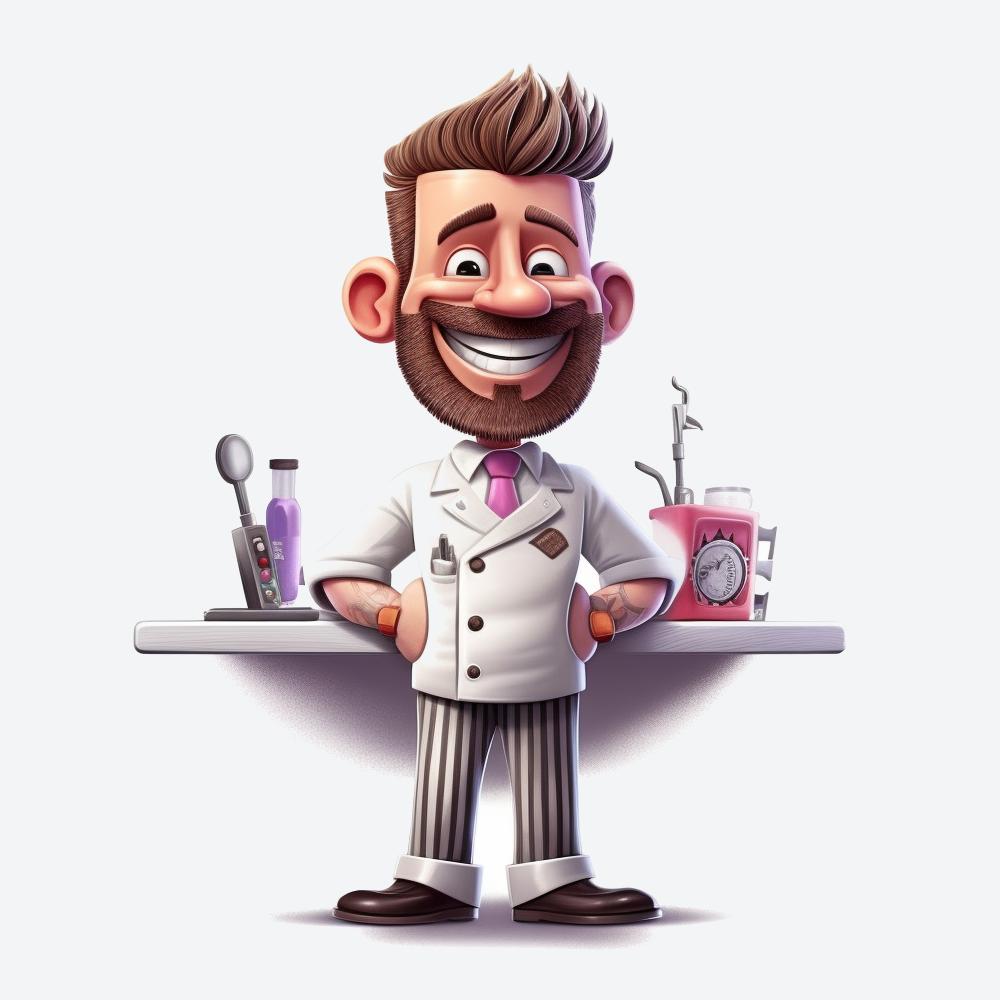








If you want to succeed in today's competitive online landscape, it's crucial to create content that resonates with your target audience and helps you stand out from the crowd. But how can you ensure that your content is discoverable and visible to the people who matter most – your potential customers? That's where the semantic core and keyword research come in. By identifying the words and phrases that your target audience is searching for, you can create content that is optimized for search engines and designed to meet their needs. By using the logical connection between your semantic core and keywords, you can develop a content strategy that helps you attract and retain customers, build brand awareness, and grow your business online. So, don't miss out on this opportunity – start using the power of semantic core and keywords to create content that helps you achieve your business goals today!
Before you start to create your content by using the right keywords and phrases, please do remember (!) :
The semantic core refers to the set of words or phrases that are the most important and relevant to the content of a piece of text. In the context of search engine optimization (SEO), the semantic core of a website or webpage is the group of keywords and phrases that are used to describe the main topics and themes of the content.
Developing a strong semantic core is important for SEO because it helps search engines understand the relevance and significance of the content on a webpage. By including relevant keywords and phrases in the content, meta tags, and other on-page elements, website owners can improve their chances of ranking higher in search engine results pages (SERPs) for queries related to their business or industry.
The semantic core of "beauty salon" refers to the essential meaning or concepts that are associated with the term. Here are some words and phrases that make up the semantic core of "beauty salon":
Beauty: Beauty refers to the quality of being attractive or pleasing, often in terms of physical appearance.
Salon: A salon is a place where people go to receive beauty and grooming treatments, such as haircuts, styling, and manicures.
Spa: A spa is a place where people go to relax and receive treatments for their body, such as massages, facials, and other skincare treatments.
Cosmetics: Cosmetics refer to products used to enhance or alter the appearance of the face or body, such as makeup, lotions, and creams.
Styling: Styling refers to the process of shaping or arranging the hair, often for aesthetic purposes.
Grooming: Grooming refers to the act of taking care of one's appearance, often through personal hygiene and cleanliness.
Wellness: Wellness refers to the state of being healthy and physically and mentally well, often through self-care practices such as exercise and mindfulness.
The semantic core of "beauty salon" is focused on the concept of enhancing and maintaining one's appearance and well-being through a variety of treatments and practices.
Here are some keywords related to "beauty salon":
Haircut
Hair styling
Hair coloring
Manicure
Pedicure
Waxing
Facials
Makeup
Eyelash extensions
Massage
Skincare
Beauty treatments
Spa services
Relaxation
Pampering
Wellness
Beauty products
Beauty professionals
Salon services
Self-care.
The semantic core of "makeup artist" refers to the essential meaning or concepts that are associated with the term. Here are some words and phrases that make up the semantic core of "makeup artist":
Makeup: Makeup refers to the products and techniques used to enhance or alter the appearance of the face or body, such as foundation, lipstick, eyeshadow, and contouring.
Artistry: Artistry refers to the skill and creativity involved in the application of makeup and the ability to use it to transform a person's appearance.
Beauty: Beauty refers to the quality of being attractive or pleasing, often in terms of physical appearance.
Cosmetics: Cosmetics refer to products used to enhance or alter the appearance of the face or body, such as makeup, lotions, and creams.
Fashion: Fashion refers to the trends and styles of clothing and accessories that are popular at a given time.
Photography: Photography refers to the art and practice of capturing images, often used in the context of capturing images of models or clients for makeup portfolios.
Special effects: Special effects refer to the use of makeup to create realistic or fantastical effects, such as wounds, scars, or creature designs.
The semantic core of "makeup artist" is focused on the concept of using makeup as a form of art and creativity to enhance beauty, transform appearances, and create special effects for various contexts, such as fashion, photography, and film.
Here are some keywords related to "makeup artist":
Makeup application
Beauty industry
Cosmetics
Artistry
Beauty techniques
Skincare
Beauty products
Glamour
Fashion
Photography
Special effects makeup
Film and television
Runway
Bridal makeup
Editorial makeup
Face painting
Beauty trends
Color theory
Beauty consultations
Portfolio development
By incorporating carefully chosen keywords into your business profile in our catalog, you can significantly improve your search rankings and attract more relevant leads. Think of these keywords as your secret weapon for reaching the right customers at the right time.
Unlock the true potential of your business with Mapolist – where strategic keywords and success go hand in hand. Sign up now and let the world find you!

We use cookies
We use cookies and other tracking technologies to improve your browsing experience on our website, to show you personalized content and targeted ads, to analyze our website traffic, and to understand where our visitors are coming from. Privacy Policy.
